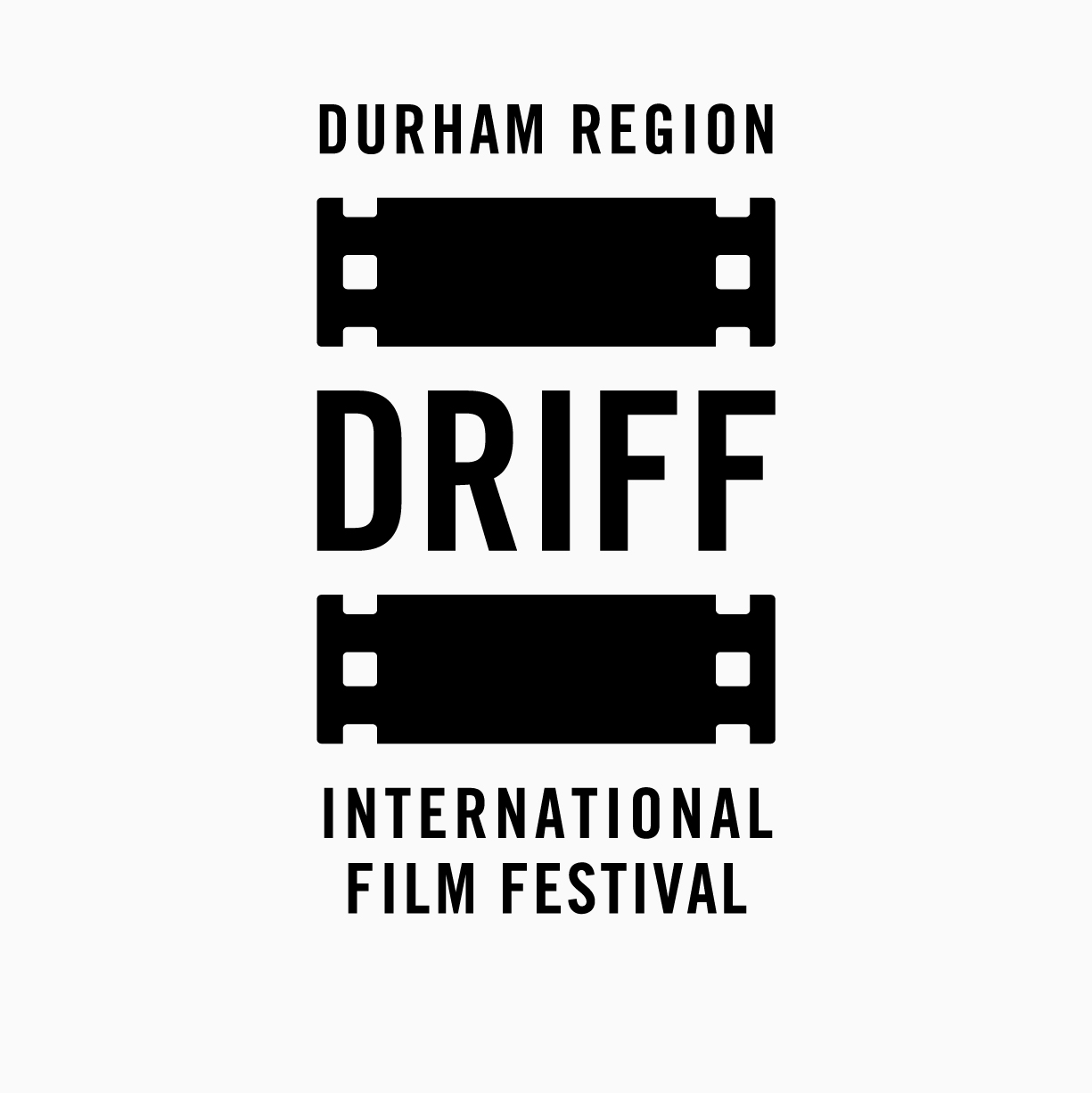At the Bottom of the Sea
At the Bottom of the Sea, Caroline Soo Jung Lee (2019)
Full disclosure: I know Caroline So Jung Lee. While a student at Emily Carr University in Vancouver, she has worked with me, on and off, as an intern in various capacities on different projects. I always found her curious and tenacious when she encountered any task but I did not know her as a filmmaker. When I saw “At the Bottom of the Sea” I was immediately struck by its power. An experimental film, hand-treated and entirely in Korean, it was a completely engaging and emotional experience. The film syntax somehow lets us into understanding this is both one woman’s story and a gender story and a wider cultural story. As we travel with our protagonist via public transit, from the dinner table to the mass sit-in, we feel the building power of the quotidian.
The exploratory “everything is usable” sensibility of the editing mirrors my early work “You Take Care Now”. There is something unapologetic about it, too. The film explains nothing but asks you to participate in creating meaning. Every decision is so thoughtful and specific and makes this dense work approachable to an audience. We may not be able to grasp everything, but, like in life, we can know a lot if we just give our attention. It’s really masterful filmmaking. The sound work Caroline achieved was nuanced and a perfect partner to her film. I was not surprised when “At the Bottom of the Sea” was later awarded best Canadian short film at the Vancouver International Film Festival.
There is no doubt that the entry bar has lowered and there are so many more opportunities for young filmmakers now - in B.C., in Canada, everywhere than when I made my first short film, in terms of access to equipment, cost of production, and the possibility of dissemination. (Ironically, Caroline used the old 16mm technologies that I learned on. And her film’s introduction to the world was through a venerable film festival, not the internet). But for emerging filmmakers, the world has always been friendly. At least from the time I started making work, grassroots organizations and educational/cultural institutions in Canada have promoted different voices- race, class, gender, culture- different ways of telling stories. And now we have a robust industry that can hire people to work in the mainstream (that homegrown opportunity did not exist so much before outside of Ontario - I think they still call us “the regions!"). I love mainstream storytelling (the boundaries of that are being pushed every day). But I guess I have a soft spot for personal, experimental voices, and Caroline’s film made me remember that.
Ann Marie Fleming and Caroline So Jung Lee joined us for a unscripted, open-ended #DRIFFDirectorsChat on their approaches to filmmaking. Watch the whole conversation below.

